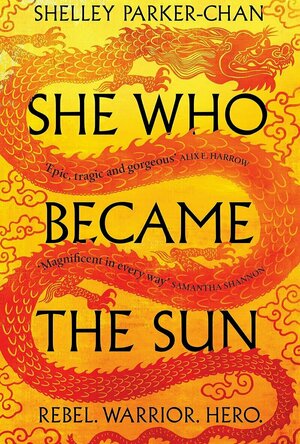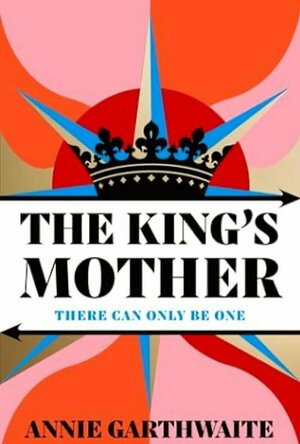
The Queen's Scribe (Sea and Stone Chronicles)
Book
A broken promise. A bitter conflict. And a woman’s elusive chance to love or die. 1458. Young...
Historical Fiction Royal History
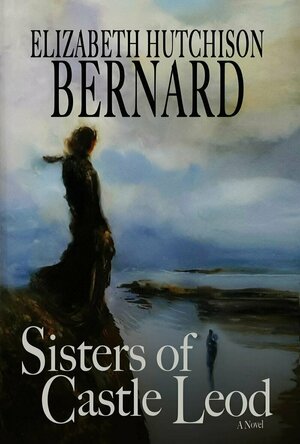
Sisters of Castle Leod
Book
**Finalist in the 2022 American Writing Awards** Millions are fans of Diana Gabaldon’s popular...
Historical Biographical Fiction
ClareR (6067 KP) rated The Dictator’s Muse in Books
Jan 10, 2023
Hitler is in power, and one of his most respected film makers, Leni Riefenstahl, has been tasked with filming the Berlin Olympics. She has to tread a fine line between the film-making she wants to create and that of the Nazi propaganda machine.
Meanwhile, back in England, Kit is training for the olympics whilst holding down a full time job and trying to impress his upper class girlfriend. He discovers he can get sponsorship through Oswald Mosley’s British Union of Fascists, even though he isn’t by any means a fascist.
Alun is a Welsh Communist, who has been tasked with infiltrating the Blackshirts.
Leni seems to be in a state of permanent dread, because even those who are staunch Nazis aren’t safe from being taken down by the SS.
There’s a lot going on in this book, and it sounds like it should be confusing. But it’s really not. It wasn’t fact, unputdownable.
There’s a great mystery threaded through this, introduced by a modern day character, an academic called Sigrun Meier.
Historical fiction AND a mystery - what’s not to like?!
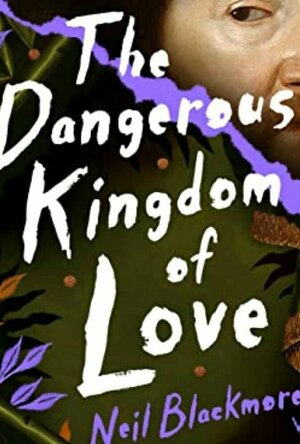
The Dangerous Kingdom of Love
Book
The kingdom of love is a frightening place. A dangerous place. What kind of fool wants to live...
Historical fiction King James I England
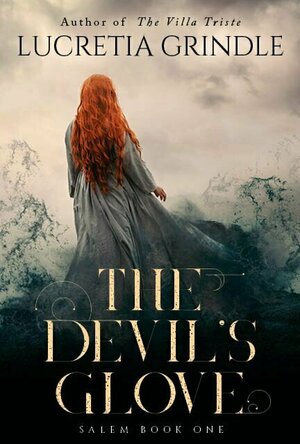
The Devil's Glove (Salem #1)
Book
Northern New England, summer, 1688. Salem started here. A suspicious death. A rumor of war....
Historical Fiction Salem
ClareR (6067 KP) rated She Who Became The Sun in Books
Jun 13, 2023
Shelley Parker-Chan has added a twist to the story, though. The Zhu Yuanzhang in this story is actually female. Born a girl, she steals her brothers identity when he dies so that she can survive - girls were not important enough to survive otherwise. She decides to live her brothers life, and as a fortune teller has foretold, she will rise to great heights in his name. And this process starts by Zhu being taken in and educated by the monks at a monastery.
This isn’t fantasy as much as it is historical fiction. Ok, there is a little bit of magic, but I took that as being an explanation of a leaders charisma. The writing IS beautiful, particularly the descriptions of the relationship between Zhu and the eunuch General Ouyang, and the queer story of Zhu and her wife.
We’re left on a bit of a cliffhanger, I’ll warn you, but we won’t have long to wait for the sequel!
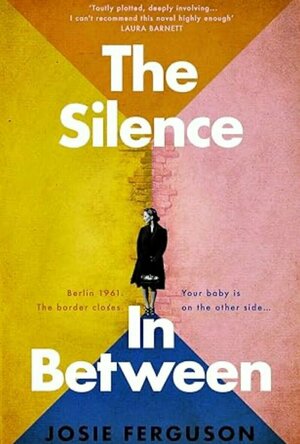
The Silence In Between
Book
Imagine waking up and a wall has divided your city in two. Imagine that on the other side is your...
Historical fiction Germany WW2 East/ West Berlin The Berlin Wall
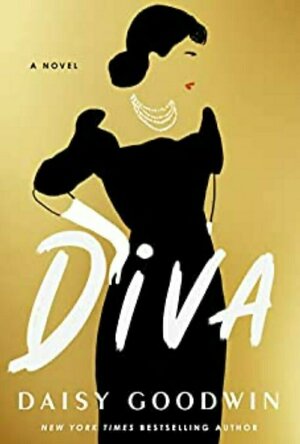
Diva
Book
In the glittering and ruthlessly competitive world of opera, Maria Callas is known simply as la...
Historical fiction Opera
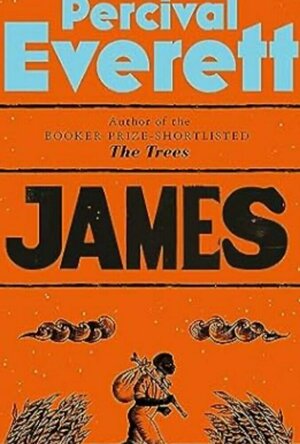
James
Book
Enthralling and ferociously funny, James by Percival Everett is a profound meditation on identity,...
Historical Fiction Slavery Retellings Huckleberry Finn
ClareR (6067 KP) rated The King’s Mother in Books
Jan 7, 2025
This novel explores those things that the women, in particular, would have experienced. Their lives wouldn’t have just been about waiting for their husbands, sons and fathers to come home, it would have been about the relationships with other women, their children, and in Cecily’s case, about her relationship to the throne and those in power.
Cecily was a formidable woman (as was Henry VII’s mother, Margaret Beaufort). She saw the death of her husband, sons, and regime changes. She backed her sons up, no matter her personal opinions. She was unendingly loyal - but anyone else was fair game!
This is such a well-researched, gripping read. I would have hated to have been in Cecily’s shoes, and she proved that power didn’t always bring happiness.
This was a fabulous read, and I will go back and read Cecily. If you enjoy historical fiction, then this would be a great addition to your TBR!

